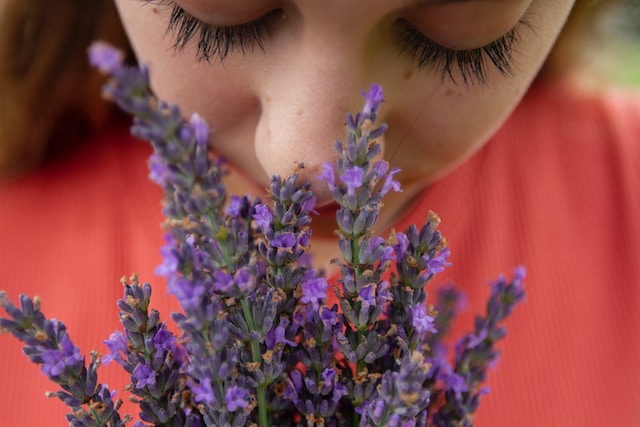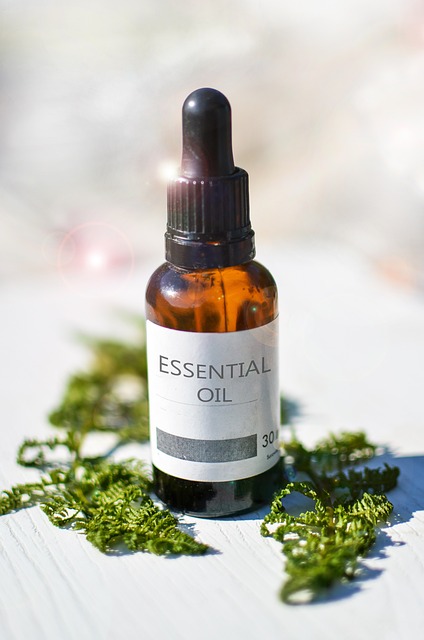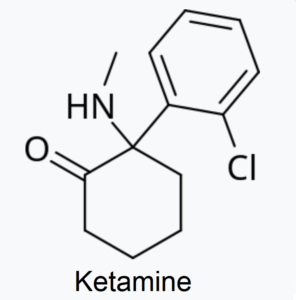The Complex Interplay Between Smell and Memory

Smells can evoke powerful memories. I remember coming back to the Midwest after spending time on the West coast, and the smell of the prairie hit me as I stepped off the plane. Memories from childhood came flooding back as I walked across the tarmac. It was a poignant example of how smell can influence memory.
Due to the power of the connection between smell and memory, research has found a number of fascinating connections:
- Loss of smell may help to identify individuals with early stage dementia
- Stimulation with smells may improve some aspects of brain function, including memory
Loss of Smell and Dementia
One of the simpler ways to identify patients at risk for developing dementia is through smell testing. For patients, poorer scoring on smell testing is associated with worsening cognitive decline (Devanand 2016). The statistical relationship is considered to be “large,” indicating a reasonably strong correlation (Jung 2019). Even more concerning, loss of smell is associated with increased risk of death from any cause (Ekström 2017).
One of the most reliable smell tests is the University of Pennsylvania Smell Identification Test (UPSIT). The UPSIT includes scratch and sniff testing of 40 different scents. For each smell, the test subject is given multiple choice options to identify the scent.
Smell and Immediate Memory Improvements
Smells trigger memories, especially from when we were young. Testing in older adults shows that smells generally stimulate memories from before age ten (Willander 2006). In addition, the memories from smells are often felt to be more profound than other types of memory recall. Individuals often describe feeling as if they actually traveled back to the time of the memory.
Smells also appear to have an immediate effect on memory recall. Testing in subjects with mild Alzheimer’s disease were found to have improved memory when tested in the presence of an odor as compared to no scent (Glachet 2019). A review of the research found that odor exposure not only improved recall of both past and recent memories, but also seemed to improve the creation of future memories (Haj 2022).
Repeated Odor Exposure and Improved Sense of Smell
Of interest, additional research points to the fact that odor exposures can improve an individual’s sense of smell (Olofsson 2020). In the study, subjects were trained to play a memory smell-matching game, similar to a memory card game. A four by six grid is created with 24 cotton bags. Twelve scented teas were used, with each tea being placed in two different bags. Participants had to choose two of the bags from the grid and see if the smells matched. When two items with the same smell were identified, they were cleared from the board. The goal is to clear the board with as few attempts as possible. After 40 days of playing the smell matching game, participants’ sense of smell was generally equivalent to a professional wine taster’s abilities, showing clear improvements from smell training.
Other studies have also found improvements in an individual’s sense of smell through training and exposure. Upper respiratory infections, like COVID, can cause loss of a person’s sense of smell. For patients with post-infection smell loss, exposure training has been shown to help restore their sense of smell. Studies have found that long-term (over a year) training was even more effective than short-term (four months) training (Konstantinidis 2016).
Traumatic injuries and head trauma can also damage a person’s sense of smell. A meta-analysis of studies found that smell-exposure training was effective at helping to restore or improve the sense of smell after traumatic injuries (Huang 2021).
Odor Exposure and Brain Function

Patients with dementia often struggle with depression. A recent study used intensive odor training that included 40 different scents twice daily for 15 days in dementia patients (Cha 2022). A placebo group had standard treatment as usual. The patients who were exposed to intensive odor training had significant improvements in depressive symptoms, attention, memory and language abilities, all within about two weeks time.
A separate small study also hints at the large potential for improving memory simply through the repeated exposure to smells (Woo 2023). The study used a very simple methodology, older individuals were exposed to one of seven different odors for two hours every night at bedtime. The control group followed the same procedure, but the smells were significantly diluted. After six months, the patients who were exposed to strong smells had a 226% increase in memory and learning abilities over the control group.
Conclusion
Odor exposures and training appear to significantly improve a person’s sense of smell, while also improving aspects of brain function, including memory. Considering the simplicity of increasing smell exposure, it could become a powerful tool to help improve cognitive function as we age. Probably the only major concern with smell training is to make sure that the smells utilized are of low toxicity and that other individuals with asthma or sensitivities are not inadvertently exposed to smells that could cause a negative reaction.



